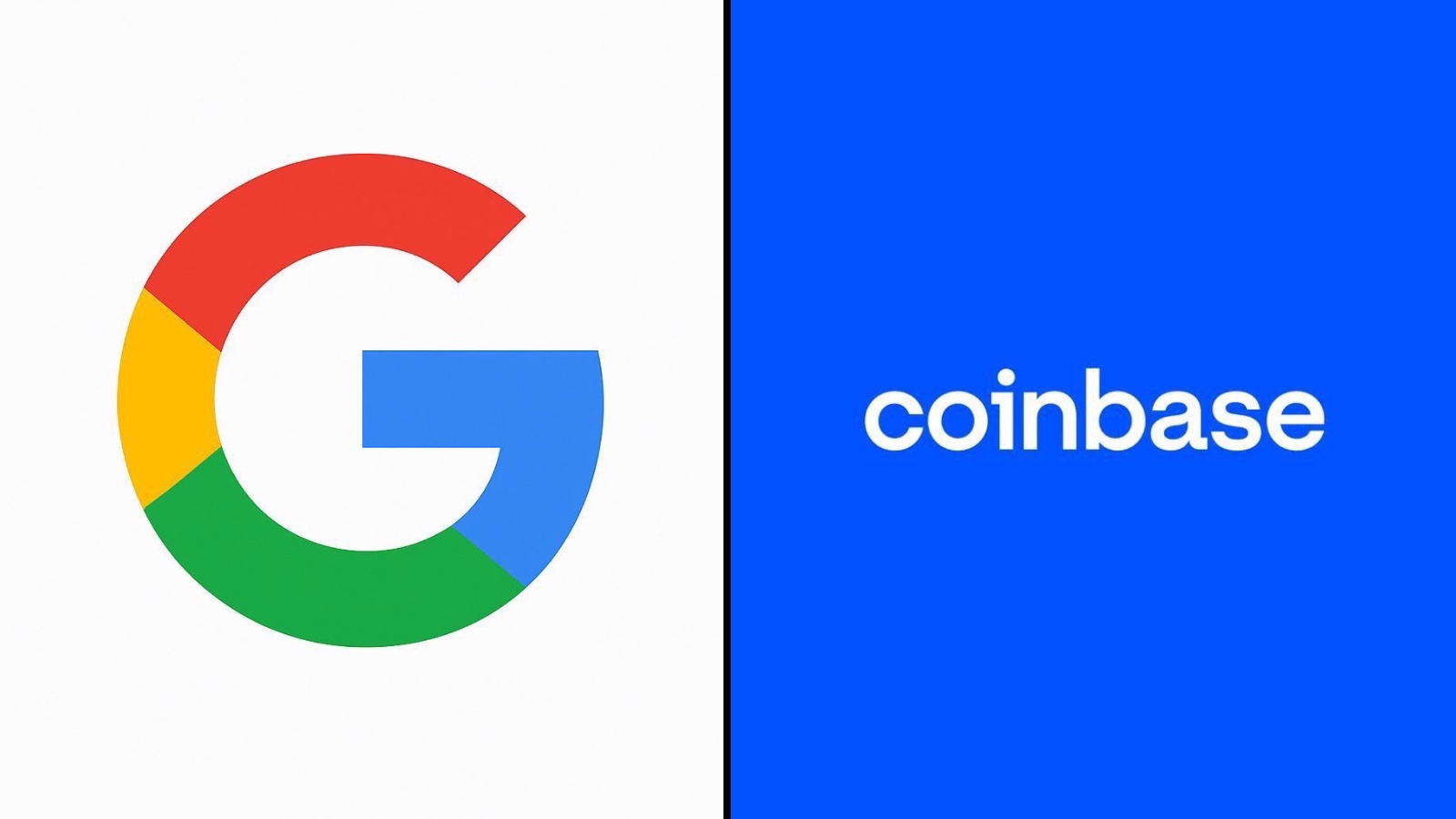Google collaborates with Coinbase to launch a new AI payments protocol

Google collaborates with Coinbase to launch a new AI payments protocol
Google Cloud and Coinbase today unveiled a new open standard – the Agentic Payments Protocol (AP2) – that will let AI agents autonomously handle purchases on behalf of users.
AP2 creates a “common language” for secure, automated transactions, working across platforms and payment methods. In particular, Google has built an extension with Coinbase (and partners like MetaMask and the Ethereum Foundation) to let agents pay with stablecoins. That extension, called x402, leverages web technology to embed crypto payments directly into online requests. In practice, this means an AI assistant could automatically send tiny amounts of USD Coin (USDC) for digital goods – even fractions of a cent – without human intervention.
What is AP2?
Google’s new Agent Payments Protocol (AP2) is an open framework that rethinks e-commerce for a world of AI helpers. Today’s payment systems assume a human is clicking “buy” and have no way to verify that an automated agent is acting with proper permission. AP2 solves this by establishing cryptographically signed “mandates” that link every purchase back to a user’s explicit instructions. In other words, the user first signs off on an Intent Mandate (e.g. “Find me running shoes under $100”), and then on a Cart Mandate when the agent finds a match (cryptographically locking in the exact items and price). This chain of intent creates a tamper-proof audit trail from user to agent to merchant.
AP2 is designed as a universal payments language. Google emphasizes it is open and payment-agnostic: the protocol “provides a common language for secure, compliant transactions between agents and merchants”, spanning everything from credit cards to stablecoins and bank transfers. In effect, it prevents a fragmented ecosystem by letting all sides (users, AI platforms, banks, merchants) interoperate under one set of rules.
Extending AP2 with Crypto: x402
Alongside traditional payments, AP2 natively supports stablecoins and cryptocurrency through a new extension. In collaboration with Coinbase (and others), Google has launched an Agent-to-Agent (A2A) x402 extension – a production-ready system that lets AI agents pay each other with crypto on the web. The idea builds on Coinbase’s newly released x402 protocol, which revives HTTP’s old “402 Payment Required” status code.
Nano-Payments and AI Commerce
With x402 in place, AI agents can make micropayments (even “nano-payments”) automatically. Thanks to modern blockchain networks, on-chain fees can be just fractions of a cent, so agents could pay cents or even millionths of a dollar per action. (One example: on Coinbase’s Ethereum Layer 2 network, on-chain fees for a payment can be well under a penny.) This means entirely new business models become viable.
Think of the internet as a vast marketplace of tiny transactions. For example, an agent building a custom report could pull live stock prices or weather data on demand – paying each data provider just a few cents for that query. Or a robot photographer could access premium image filters or design assets by the image, paying per use. Even content sites could charge an agent a few cents to unlock an article or video segment, and the agent would pay without a subscription. In fact, analysts note that one user action could trigger a flurry of nano-payments: one “user interaction” might split into automated payments to all contributing data providers via smart contracts.
Google and Coinbase summarize, we may be entering a new age where “value moves as freely and instantly as information” on the internet – an AI-driven digital economy powered by crypto.